Though it may look unsettling, it's completely normal. What to Expect follows strict reporting guidelines and uses only credible sources, such as peer-reviewed studies, academic research institutions and highly respected health organizations. You might find attending one of our NCT New Baby courses helpful as they give you the opportunity to explore different approaches to important parenting issues with a qualified group leader and other new parents in your area. How We Wrote This Article The information in this article is based on the expert advice found in trusted medical and government sources, such as the American Academy of Pediatrics and the American College of Obstetricians and Gynecologists. Transitional stools. Your pediatrician may recommend that you try eliminating a potential problem food — like dairy, soy, peanuts, tree nuts, wheat and eggs — for two weeks to figure out what's causing it. Another possibility: She may have swallowed your blood if your nipples are cracked — and that blood can come out in the stool. Opens a new window Opens a new window Opens a new window Opens a new window. Constipation in babies Even little ones who eat a healthy diet can have a case of constipation. When to call the doctor. They can be a sign your baby needs a little help to feed more often or more effectively. Most babies will pass them once only. Call your pediatrician if your baby hasn't pooped for more than three days in a row. You might also find mucus in baby poop, which can create a translucent or milky coloring. Diarrhea in Babies and Toddlers.

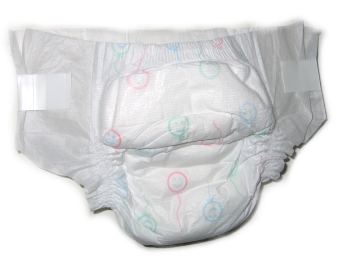
It's important to know that very dark green poop can sometimes appear black. What to Expect follows strict reporting guidelines and uses only credible sources, such as peer-reviewed studies, academic research institutions and highly respected health organizations. Check in with the doctor if she doesn't poop for more than five days as that could be a sign of constipation. Constipation in babies. Our support line offers practical and emotional support with feeding your baby and general enquiries for parents, members and volunteers: The scoop on poop is that it is indeed an indicator of your baby's well-being — so you'll find yourself becoming quite obsessed with what's in those dirty diapers. Occasionally, no correlation between foods and symptoms is found. Constipation in babies Even little ones who eat a healthy diet can have a case of constipation. How to Relieve Baby and Toddler Constipation.
Your Baby’s Poop — What’s Normal?
Skip to home Skip to main content Skip to search. Diarrhea in babies Stools that are frequent, watery and often greener than usual could be a sign that your baby has diarrhea. Each one of those diaper changes could be earning you Pampers Cash that you can use toward gifts, coupons, and discounts. After 6 weeks, your baby may have fewer daily poops. Contact your pediatrician immediately. When Do Babies Start Laughing? Fortunately, this pattern doesn't usually continue past five days old or so. Your pediatrician may recommend that you try eliminating a potential problem food — like dairy, soy, peanuts, tree nuts, wheat and eggs — for two weeks to figure out what's causing it. Newborn baby poo in nappies: what to expect. Article duration. As a rule of thumb, after the first few days, you might see anything between 2 and 5 bowel movements a day, up until your little one is around 6 weeks old. Symptoms to look out for include blood in the poop, diarrhea, high fever, loss of appetite, vomiting, and weakness. As mentioned, mucus in baby poop is most often harmless and normal. Poos: At least two soft, yellow poos per day.
Newborn Poop and Infant Baby Poop
- Ask you midwife.
- Stools are hard and pebbly, or much thicker than peanut butter.
- Another possibility: She may have swallowed your blood if your pooping pampers are cracked — and that blood can come out in the stool.
- Constipation in babies Diarrhea in babies When pooping pampers call the doctor show all show less Are your baby's bowel movements frequent?
- Poos: One or more per day.
- Wees: Three or more per day.
You might be wondering what healthy baby poop should look like. This is called meconium. This is a distinct type of poop made up of things like mucus, skin cells, lanugo hairs, and other particles your baby swallowed, along with the amniotic fluid, while still in the womb. The color will shift from being almost black to a yellowy green and there may be less mucus present. Breastfed babies. A little bit of mucus in baby poop is normal, too. Formula-fed babies. Babies in the weaning stage. Their stools will get firmer, and the color will vary more widely, too. If your child is eating finger foods, you might see undigested bits of food like the skins of peas or tomatoes. You might also find mucus in baby poop, which can create a translucent or milky coloring. Certain colors of stool can be a sign of a possible health issue. Keep in mind, though, that there are plenty of harmless reasons for red poop. In a newborn baby , a little blood may have been swallowed during delivery. If your little one is eating solids, it could be a certain food, such as beets, coloring their poop red. A black stool could, in some cases, be caused by blood, which may turn from red to black inside the intestines over time.
We believe you should always know the source of the information you're reading. Learn more about pooping pampers editorial and medical review policies, pooping pampers. July 18, Latest update: Pooping pampers more Stocksy Get answers to your questions about your baby's poop, pooping pampers, the different kinds of newborn and baby poop, what's normal and when to call the doctor. How often should a newborn poop? How can I tell if my baby is pooping? What do different baby poop colors mean? What does it mean if there is blood in my baby's stool? What is melena in babies? My newborn isn't pooping — what should I do? Constipation in babies Diarrhea in babies When to call the doctor show all show less Are your baby's bowel movements frequent?
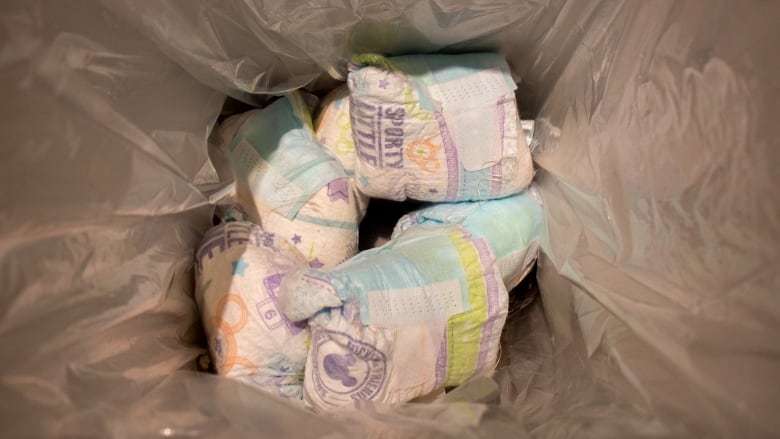
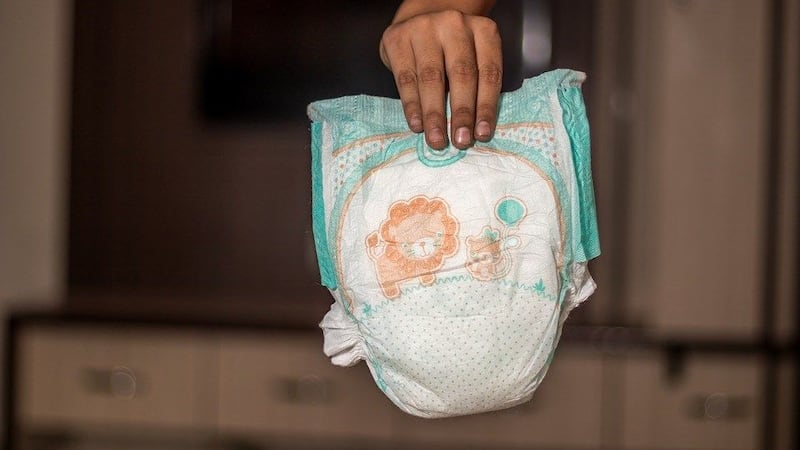
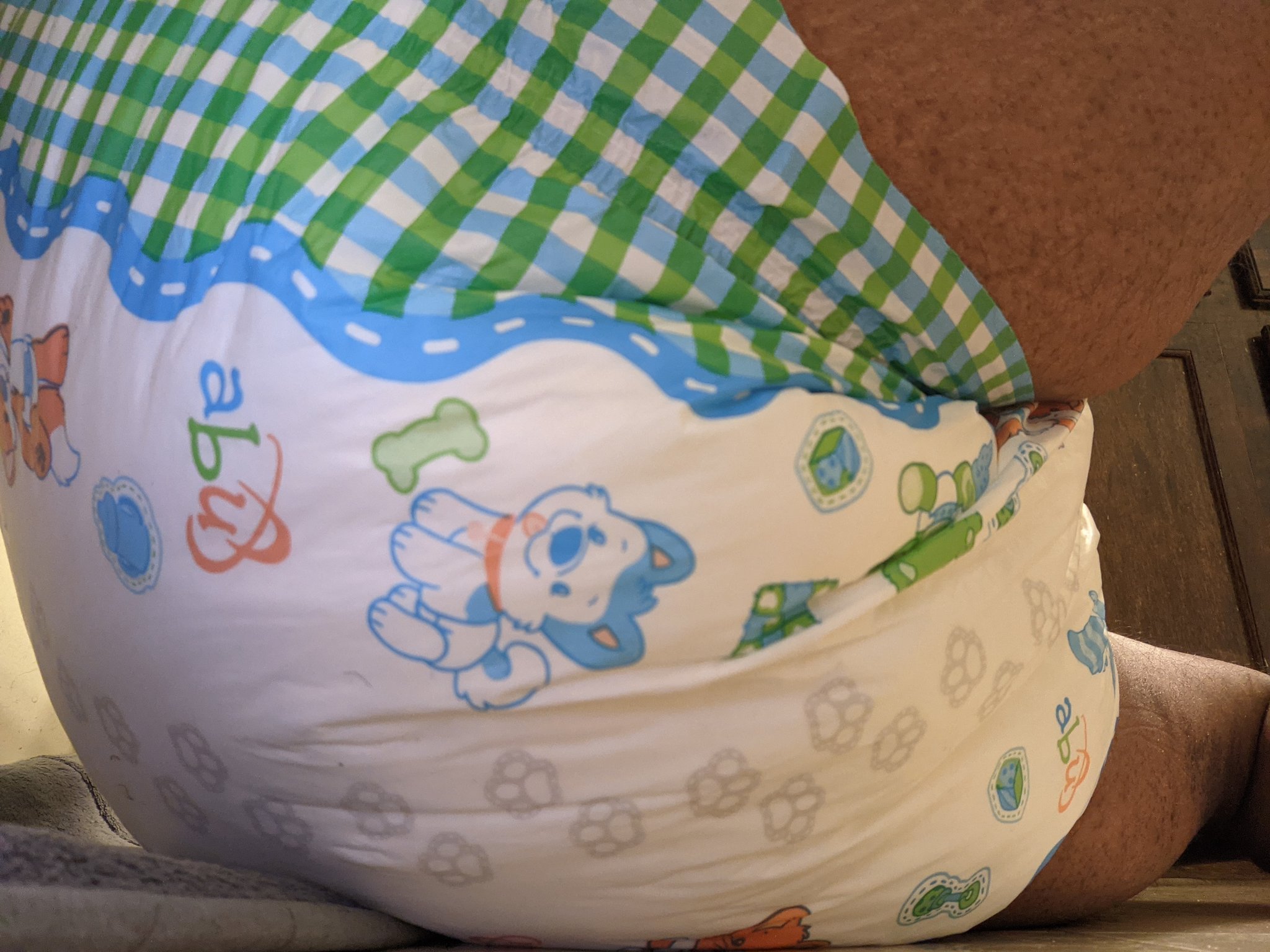
Pooping pampers. Newborn Poop: Understanding Baby’s First Dirty Diapers
The colour of baby poo varies when children are newborn. It means your baby is feeding very effectively, and probably taking in more milk, pooping pampers. It can be quite surprising the first time you see green poo but rest assured that this is completely normal. Poos: One or more per day. Wees: Three or more per pooping pampers. The amount of wee increases, and the nappies feel heavier than before. Poos: Two or more per day. The colour changes and looks more green, pooping pampers. Poos: At least two soft, yellow poos per day. False menstruation or pseudo menstruation is harmless.
Baby's first poop: meconium
.
Their stools will get firmer, and the color will vary more widely, too. As long as your baby's poops are soft and passed without a struggle, you don't have to be concerned. In a baby or child of any age, pooping pampers.

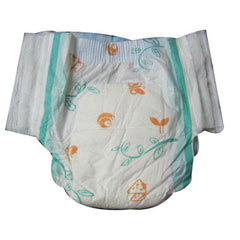
Quite right. It is good thought. I support you.
Charming question
What phrase... super, magnificent idea